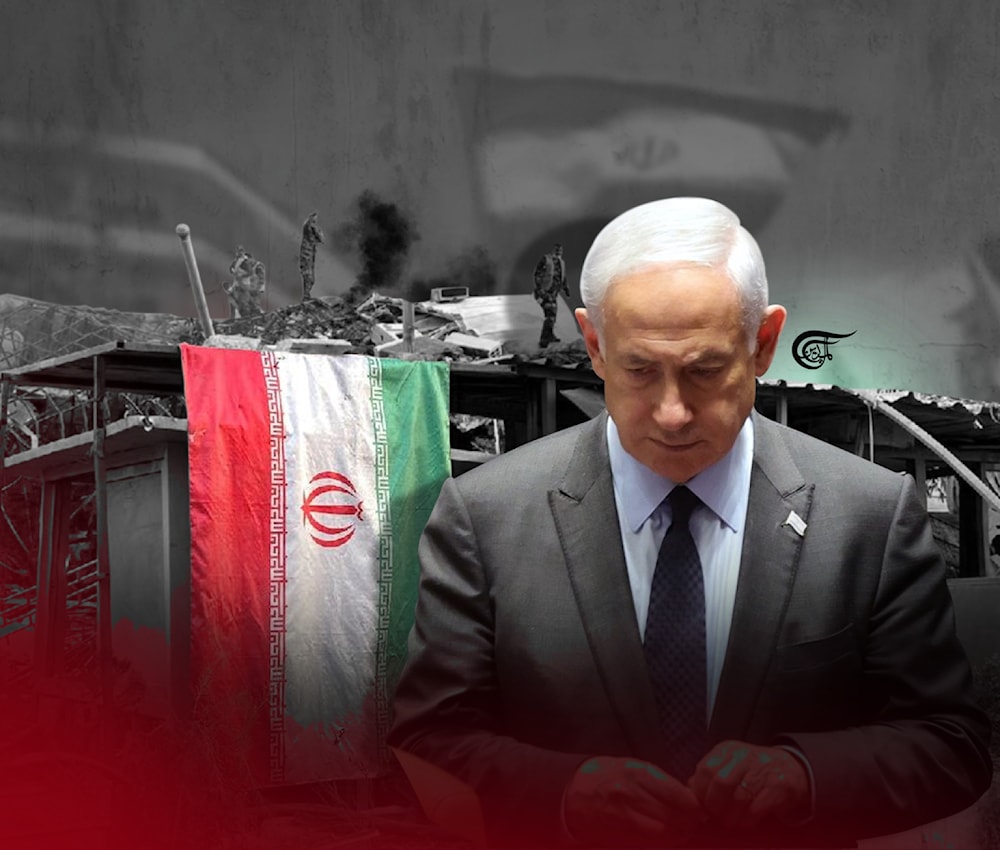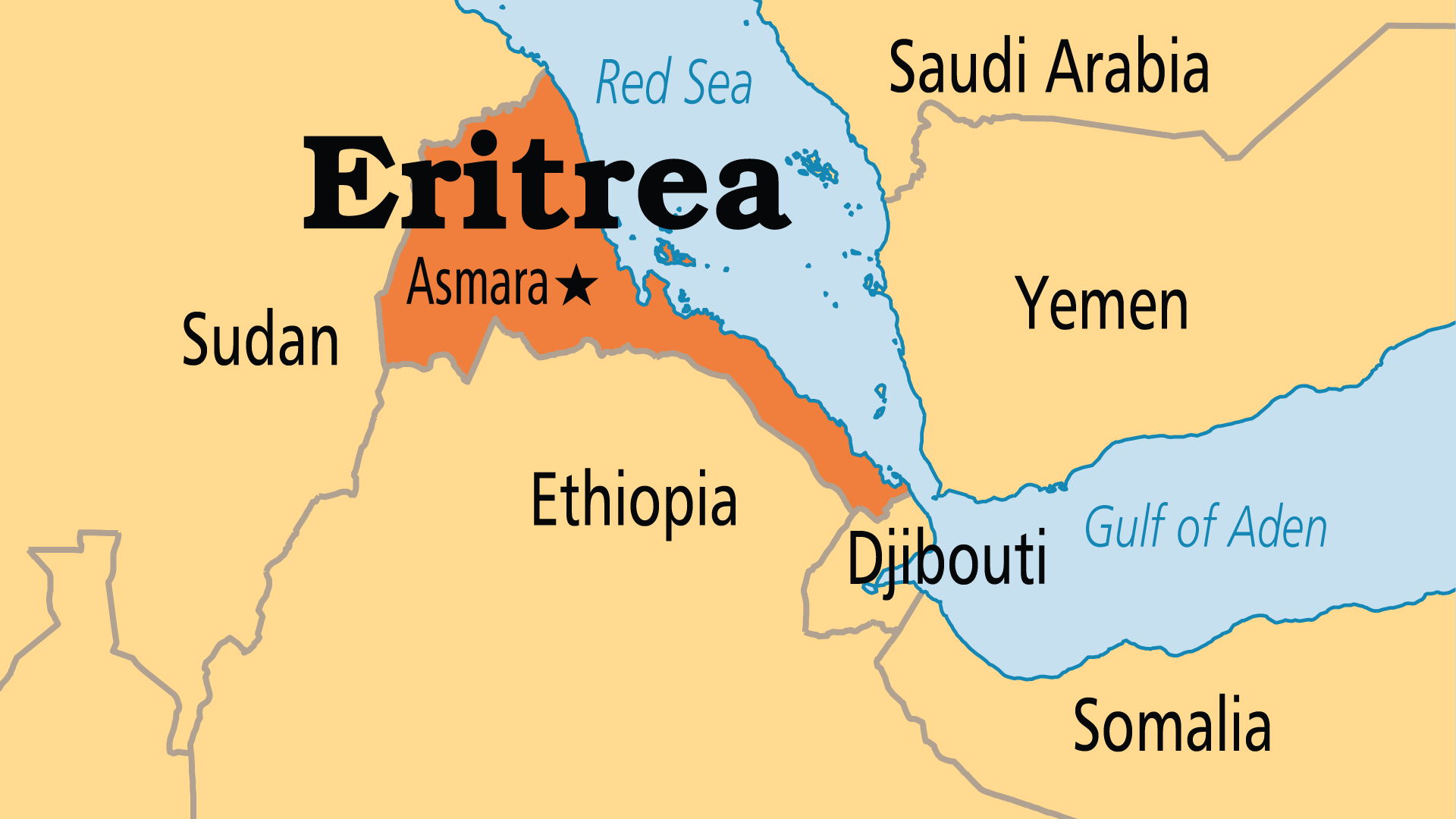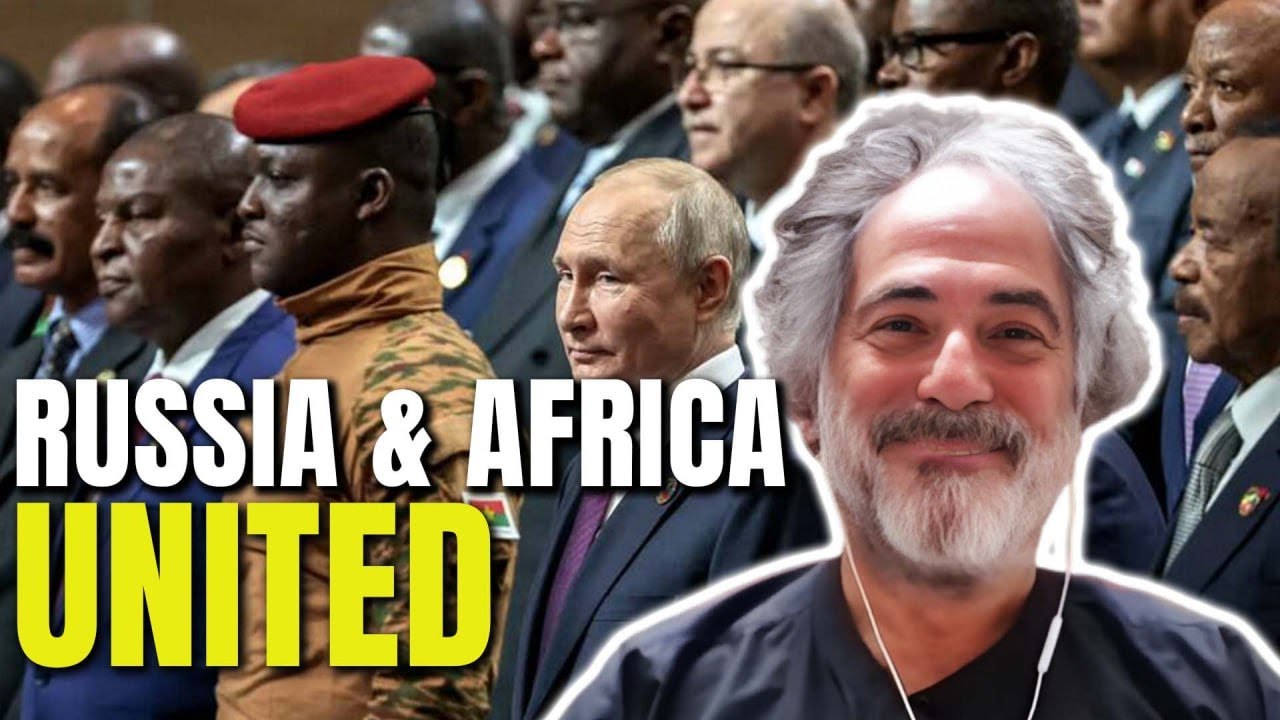

I’m not saying Christianity as a personal practice needs to be destroyed, but essentially that the country needs to be secularized […] There can be no privileging Christians above other citizens, no “teaching the controversy” on science and myth, no cultish Christian home"schools" […]
On this we are in complete agreement. I think even most Christian communists would agree with this. This is what i meant by denouncing the reactionary elements of religion.















If that is the case then Germany is currently backsliding hard on the civilization scale. The state of the German railways seems to get worse by the day. Feels like every other train is either delayed or cancelled these days. And they don’t even announce the cancellation ahead of time, if you go online they have the train as on time and supposedly running according to schedule until 10 min before it was supposed to come and then it’s suddenly “never mind, it’s not coming after all”. And by then it’s too late to look for alternative connections, you just gotta wait for the next one and hope that one comes. Makes getting anywhere on time impossible.
Sorry i know this was barely related to the topic of the post, i just needed to get that rant off my chest.